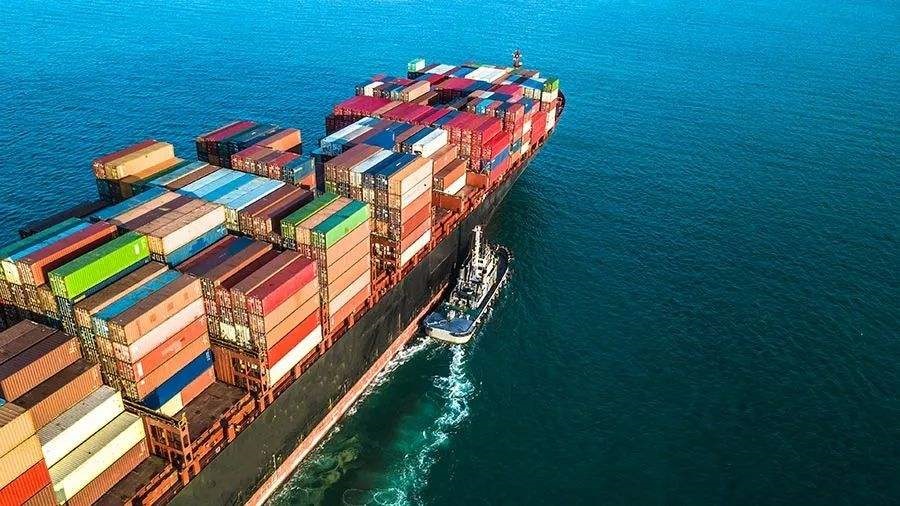Analysis of the import and export of API
APIs are any substance or mixture of substances used in the manufacture of pharmaceuticals and used as an active ingredient in the pharmaceutical process. APIs are usually divided into three categories: bulk APIs, specialty APIs and proprietary APIs.
The difference between these three API products lies in their definitions. Bulk API refers to the API corresponding to the drug after the patent protection period for a longer period of time; specialty API refers to the API of the first generic drug, API corresponding to the drug after the patent protection period for a shorter period of time; patented API refers to the API corresponding to the drug in pre-clinical, clinical research stage drugs and drugs that have been listed within the patent protection period.
Import and export of API
The next article introduces the current import and export situation of the API industry. First of all, from the market scale, benefiting from the steady growth of global demand for pharmaceutical preparations, the global API market size has exceeded 186.4 billion U.S. dollars in 2020 and is still growing gradually.
From the market pattern, after the capacity transfer in recent years, the global API market has been formed in China, India and Western Europe as the leading API capacity supply pattern. Relevant data show that, in terms of API production capacity,
China's domestic API production has steadily increased in recent years, and the output in recent years has been stable between 2-3 million tons.
China is the largest producer and exporter of APIs, with more than 50% of APIs used for export, and the export volume accounts for one-fifth of the total market. The profit growth rate of API companies has continued to accelerate since 2016, mainly due to higher API production costs, the withdrawal of small API companies from the market, and leading API companies gaining a higher share of the API market with their stronger overall competitiveness and achieving rapid growth in sales. APIs have also seen price increases due to changes in supply and demand structure, further accelerating performance growth.
API Trade Barriers
There are four main trade barriers for APIs: financial barriers, technical barriers, customer barriers and industry access barriers. The high trade barriers of APIs are inevitable, because drug safety is a matter of national security, the country has formulated a series of laws and regulations in the access, production, operation and sales of the pharmaceutical industry to strengthen the regulation and supervision of the pharmaceutical industry. So for the time being, the trade barriers in the API industry are still relatively high, and the era of winning by price war has passed.
Win-Win Cooperation
As API suppliers want to stand firm in the international market in addition to further polishing product quality, but also to have a stable international customers, subject to the international environment, API companies alone to develop customers is a difficult process, this time with the pharmaceutical trade service providers can be a good solution to this problem.
That need to cooperate with what kind of pharmaceutical trade service providers? Here I recommend a domestic excellent API trade intermediary service provider -
Pharmacare Pharmaceutical Technology Co. Pharmaceutical API export business is one of the main business segments of Pharmacare, which provides customers with a full range of professional services in production, registration, supply and after-sales. It can provide products and services as both the first and second supplier for API sales, providing customers with matching competitive varieties.
